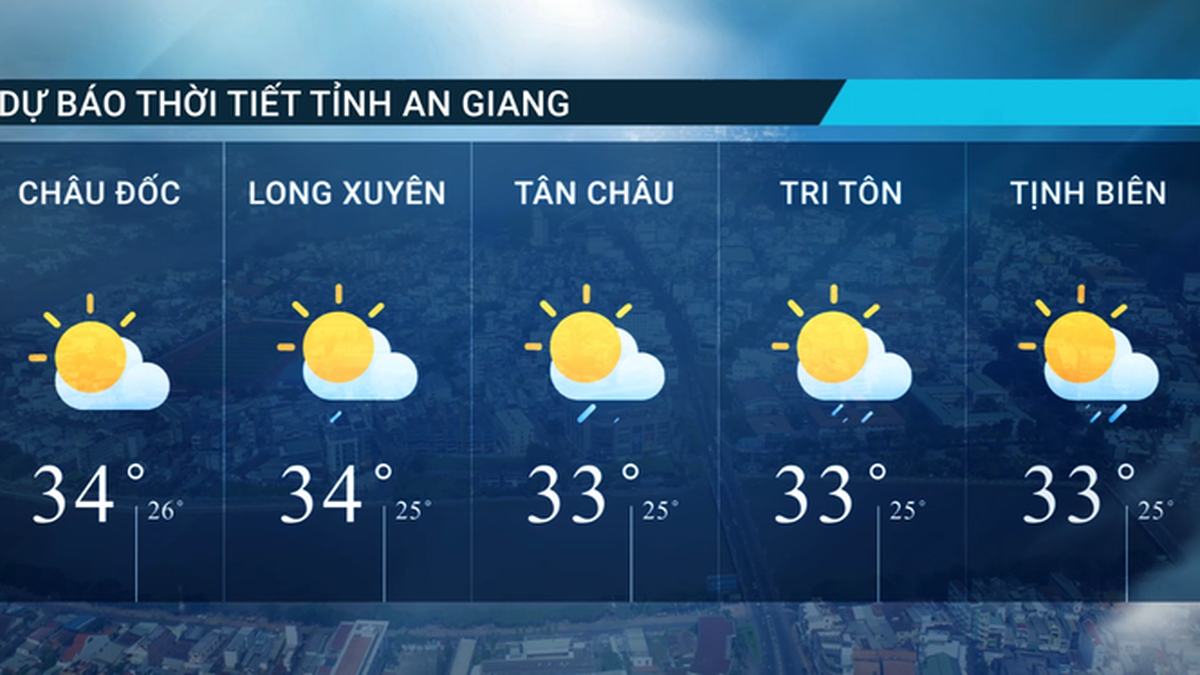 |
| Land Law 2024 removes many obstacles for households and individuals granted red books |
Issuing "red books" to households and individuals
Land users (SDĐ) are households and individuals who have the right to request competent authorities to issue "red books". The principles for issuing "red books" are specifically regulated in Article 135 of the 2024 Land Law, which is more flexible than the 2013 Land Law.
Specifically, the "red book" is issued for each land plot to the land user, the owner of the property attached to the land who has the need and meets the conditions prescribed by the 2024 Land Law. In case the land user is using many agricultural land plots in the same commune, ward or town and has a request, he/she will be issued a common "red book" for those land plots.
The 2024 Land Law also stipulates that the “red book” will only be issued after the land user and owner of the property attached to the land have fulfilled their financial obligations as prescribed by law. The “red book” must clearly state the full names of the husband and wife or just one person. For land plots under the land use rights of a household, a “red book” will be issued with the full names of members sharing the land use rights of the household on the red book and given to the representative…
Article 137 of the 2024 Land Law specifically stipulates that households and individuals currently using land with one of the following types of land use right documents will be granted a "red book" without collecting land use fees, such as: Documents on land use rights issued by competent authorities during the implementation of land policies of the Democratic Republic of Vietnam, the Provisional Revolutionary Government of the Republic of South Vietnam and the Socialist Republic of Vietnam. Temporary land use right certificates issued by competent state agencies or listed in the land registration book, cadastral book, inventory book, and land registration book established before December 18, 1980 with the name of the land user...
Can land without papers be granted a "red book"?
According to Article 45 of the 2024 Land Law, the “red book” is a legal document for the State to confirm the right to use land and the right to own property attached to the land of the person with the right to use land and the right to own property attached to the land. This is one of the necessary conditions for households and individuals to exercise the rights to transfer, inherit, lease, etc.
The issuance of "red books" to households, individuals, and residential communities using land with or without land use rights documents is regulated by the 2024 Land Law on each specific case from Article 137 to Article 140. This is the outstanding and superior feature of the 2024 Land Law compared to the 2013 Land Law.
Mr. Nguyen Van Toan, Deputy Director of the Department of Natural Resources and Environment, said that Article 138 of the 2024 Land Law specifically stipulates 3 cases of land where households and individuals are using land without documents on land use rights without violating land laws, are using land stably, are not in the case of land allocated without proper authority, and are now confirmed by the People's Committee of the commune where the land is located that there is no dispute, then they will be granted a "red book", including: households and individuals using land with houses and other construction works before December 18, 1980; from December 18, 1980 to October 15, 1993 and from October 15, 1993 to before July 1, 2024. In addition, this law also stipulates that households and individuals who are stably using land for agricultural purposes and are now confirmed by the People's Committee of the commune where the land is located to have no disputes will be granted a "red book".
Article 139 of the 2024 Land Law clearly stipulates that in cases where households and individuals are using land in violation of land laws before July 1, 2014, one of the other new provisions of the 2024 Land Law is that in cases where land use planning or construction planning has been adjusted and approved by competent authorities, the encroached or occupied land area is no longer within the safety corridor of public works; is not within the road construction boundary; and is not intended for use as headquarters of agencies, public works and other public works, the person using the land will be considered for issuance of a "red book" and must fulfill financial obligations according to the provisions of law (Clause 1, Article 139, Land Law 2024). In addition, according to this law, in cases where households and individuals are using agricultural land that is self-reclaimed and not in dispute, they will be considered for a "red book" without having to comply with planning as per the 2013 Land Law.
According to Mr. Nguyen Van Toan, specific guidance on granting “red books” for land without documents is one of the contents that people are particularly interested in when implementing the 2024 Land Law. This is a very good policy that inherits previous Land Laws and is based on current practices. In particular, this also helps to stabilize people’s psychology, helps people feel secure when using land left by history, market liquidity and also creates conditions for state management of land and increases budget revenue…
| The highlight of the 2024 Land Law is the addition of a provision assigning the provincial People's Committee to regulate other types of documents on land use rights that existed before October 15, 1993, to suit the local situation. This is one of the new points compared to the 2013 Land Law. |
Source
































































































Comment (0)